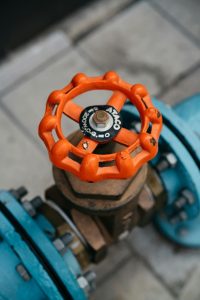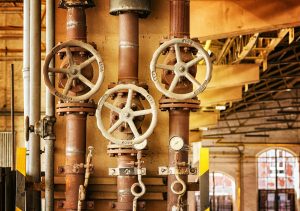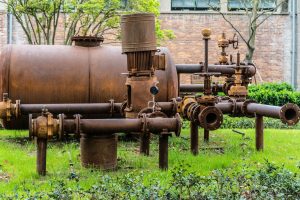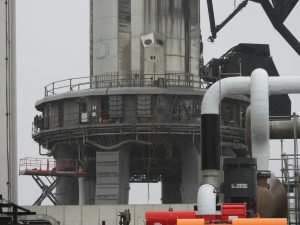Table of Contents
ToggleIf you’re in the market for industrial plumbing valves, you’ve come to the right place. Valves are integral components of industrial systems and must meet specific sanitation and regulatory requirements. While the selection process can be daunting, starting with a few general characteristics will narrow down your options.
Valves are electromechanical devices that regulate and control flow. Valves are a crucial component of industrial plumbing systems, providing the ability to adjust water pressure and shut off the water in case of emergency.
Because valves are made of different materials, they have multiple applications in commercial and industrial settings. They’re essential components of wastewater treatment centres, chemical plants, and automobile production. They provide a safe way to adjust water pressure and regulate flow.
Valves are an integral part of industrial plumbing. If you want to know more about it, continue reading this article.
What Are Industrial Plumbing Valves?
In the world of industrial plumbing, valves are the heart of the system. Not only do they keep out water and air, but they also help prevent spills and limit exposure to chemicals.
Industrial plants incur enormous costs if the plumbing system is shut down. Eighty percent of companies have experienced downtime within the last three years. This downtime costs businesses an estimated $260,000 per hour. Not only can this cause significant downtime, but it can also decrease the overall system productivity. Choosing the right valve for the application is essential to ensure optimal performance and prevent any unexpected downtime.
If your process involves chemical processes, you must have the proper valves to prevent dangerous spills and backflow. Check valves prevent backflow by blocking the outlet. Swing checks use a flapper, while others use a ball. Other non-operational types of check valves include diaphragms, spring-mounted discs, and diaphragms.
A Complete Guide to Valves in Industrial Plumbing
Valve selection is an essential part of plumbing, and the right valve can make all the difference in the productivity of your industrial plant. Valves are often used in a variety of applications and must be selected carefully based on the type of system. To ensure a correct selection, you will need to do some research on the application to determine the proper type of valve. You can also ask a professional or manufacturer for help, but the information below should give you a general idea of the types of valves.
The most common type of valve is the gate valve. This valve has a wedge-shaped metal gate that is raised or lowered to allow or prevent water flow. Unlike a butterfly valve, a gate valve is not designed to control the amount of water that passes through it. It is either fully opened or fully closed. Gate valves are often used in pipeline applications, where they can handle a wide range of fluids and can be either regulated or uncontrolled.
Butterfly valves are another type of shut-off valve. Butterfly valves use a rotating disc to regulate flow without completely restricting it. They require a quarter-turn of the valve actuator to open and close the valve. Unlike gate valves, butterfly valves have a smaller footprint, which is a good thing if you want to control flow in large pipelines.
A globe valve is an excellent option for controlling flow. It features a spherical valve body and a stationary ring seat. A globe valve will provide a higher shut-off than a gate valve but will cost more money. Globe valves can also prevent backflow in the piping system. If the flow reverses, the valve will close again.
Ball valves are also commonly used in industrial plumbing. They feature a rotating ball which allows them to regulate the flow of a fluid. Quality ball valves can be opened and closed 100 times a day and require little maintenance. In addition, they are available in a wide range of styles and materials, so they can meet virtually any need.










